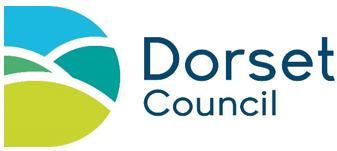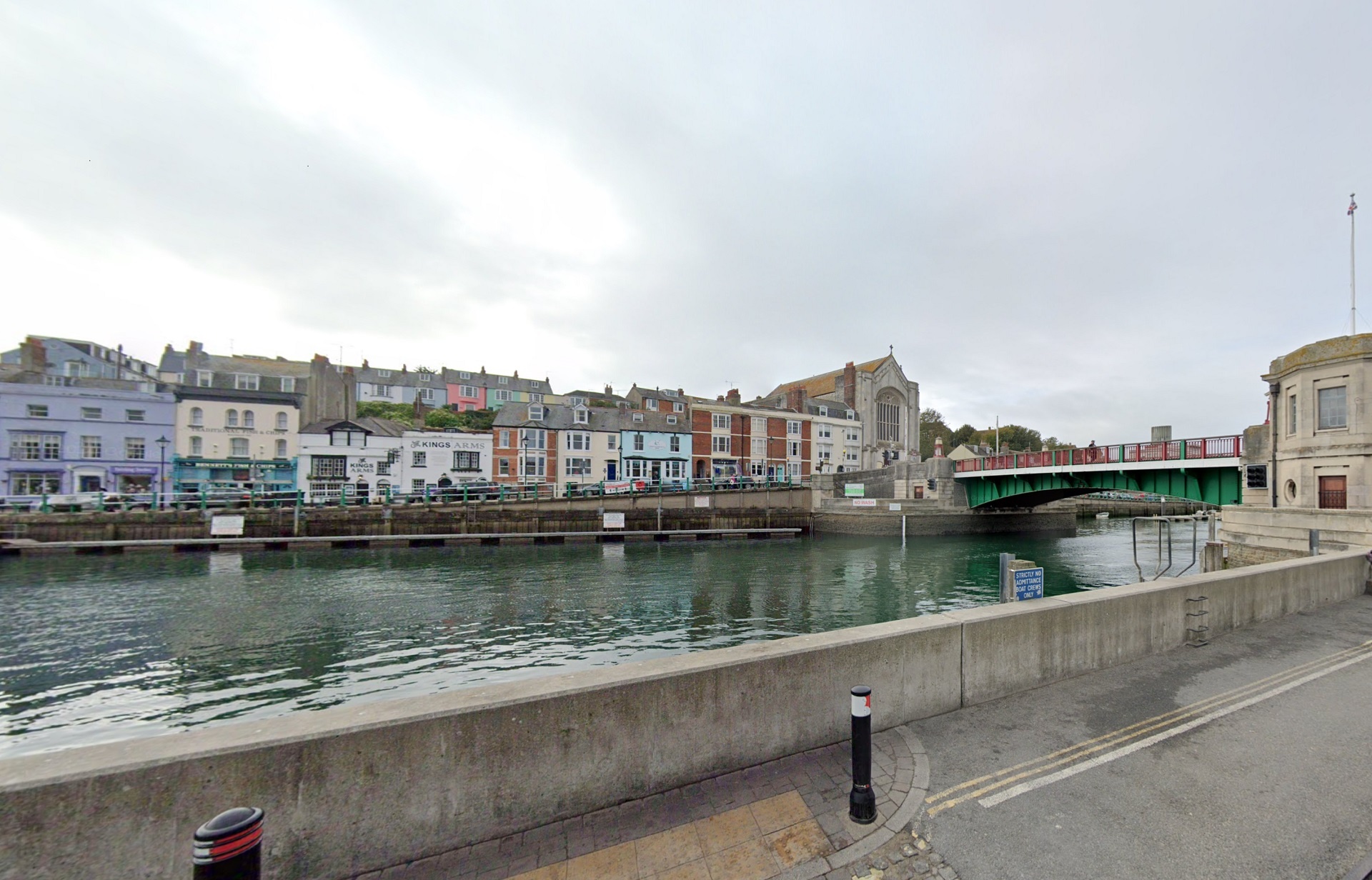In Dorset, we are very proud of our roadside verge maintenance and are committed to a healthy environment. During the summer months, our roadside verges and green spaces, like picnic areas, all start to grow very rapidly. We have a statutory duty to maintain the road network and above all, to make sure it is safe. So, how do we strike the balance between protecting road users and encouraging wildlife?
We know, from the many residents who tell us, that some people love the wild verges while some would prefer we cut them all back, so they are neat and tidy.
Where we can, we allow rural roadside grasses and wildflowers to grow long and wild, which attracts ‘pollinators’ like bees and butterflies and encourages wild flowers to flourish. There is obviously a cost saving to this method too.
Urban roads usually receive around six or seven cuts per year. In some places where we have the right machinery we are cutting and collecting the grass. This allows us to cut the verge less frequently than usual and by removing the clippings, we leave the verge neat and tidy. This helps extend the time between cuts and helps wildflowers to thrive.
Cllr Ray Bryan, Dorset Council’s Portfolio Holder for Highways, Travel and the Environment explains more:
“Our primary duty with regards to roadside verges is one of safety, which we take very seriously. But, we, like many residents can see the benefit of letting the verges grow, where possible. Through our Pollinator Action Plan, we want to actively encourage more bees, butterflies and moths to thrive in Dorset. Our Action Plan also enables us to make significant savings – we save around £93k a year by only cutting rural road verges when needed.
“We also no longer use topsoil when creating new road verges, as the subsoil results in wildflower rich grass which is of greater use to pollinators and costs less to manage. On the Weymouth Relief Road, for example, this method resulted in savings of £2,200 per year in management costs.
Read more about our Pollinator Action Plan.
















